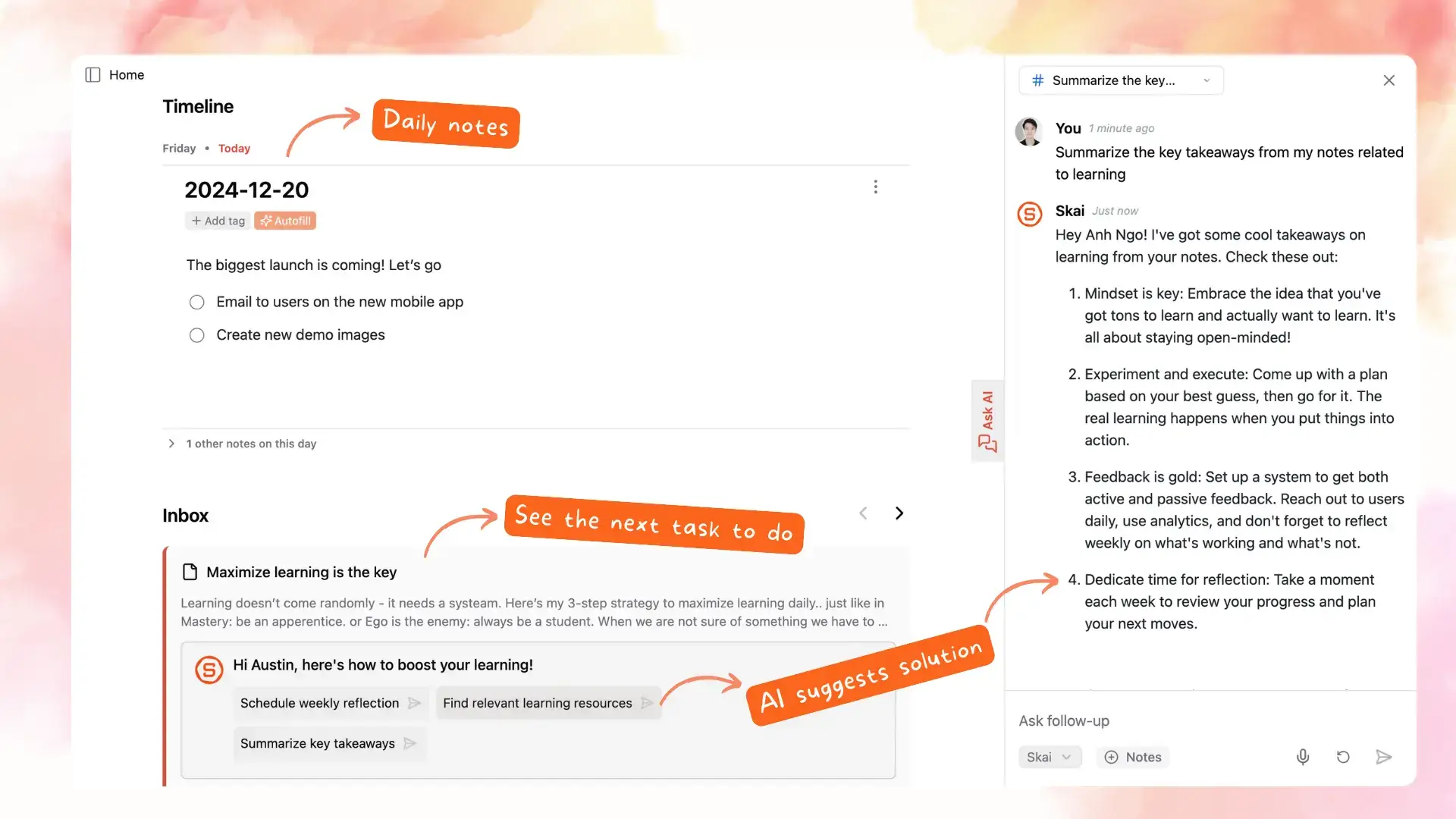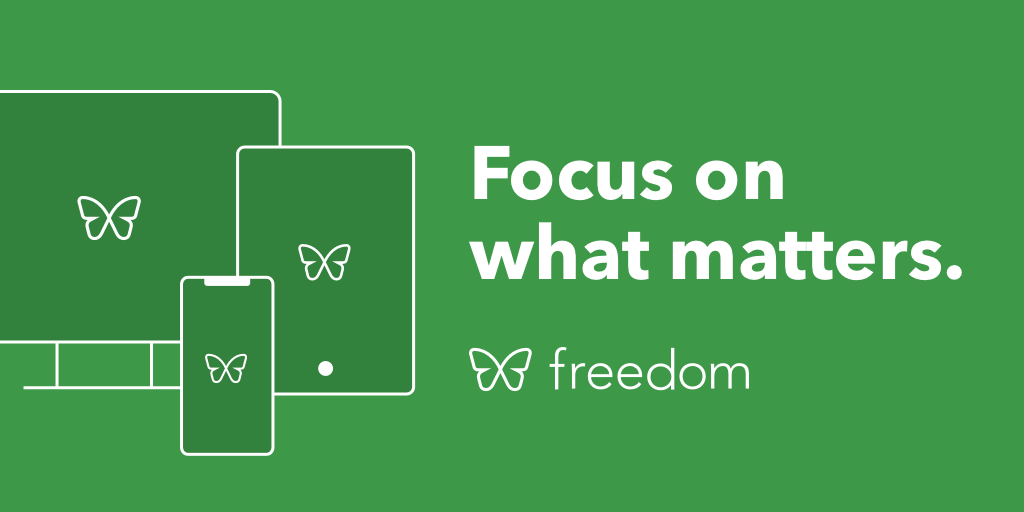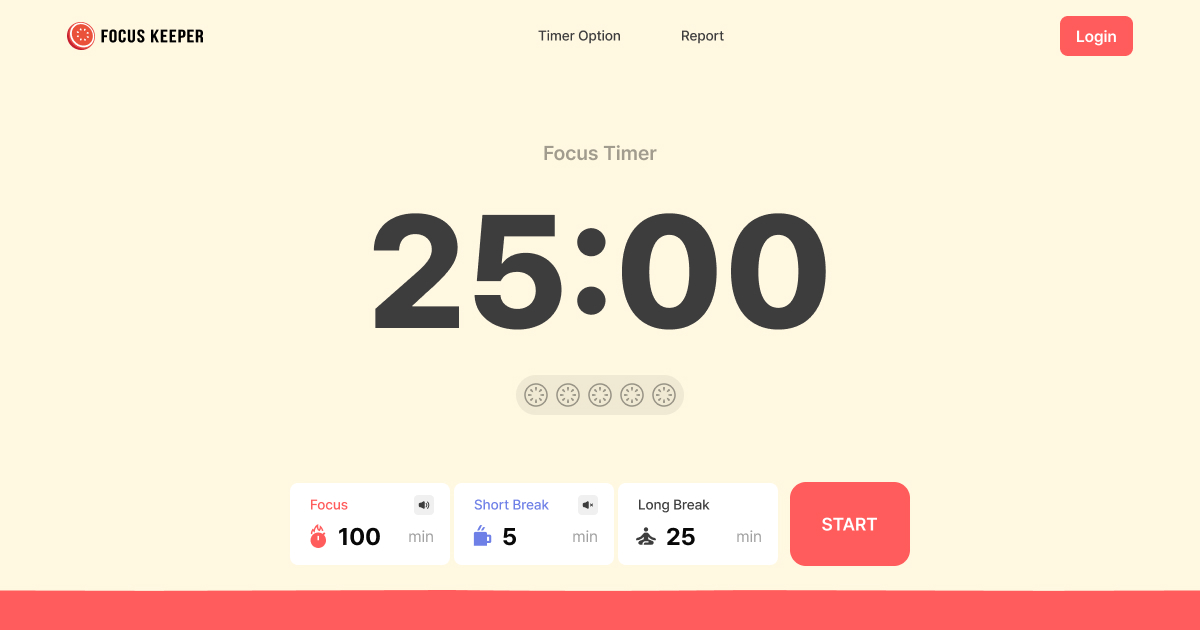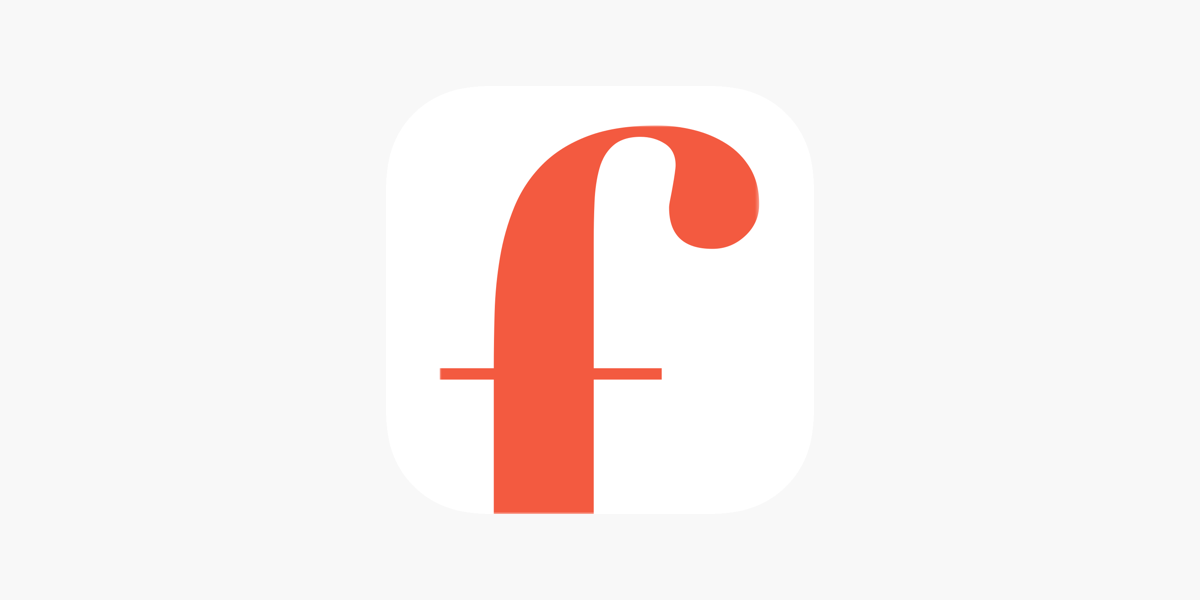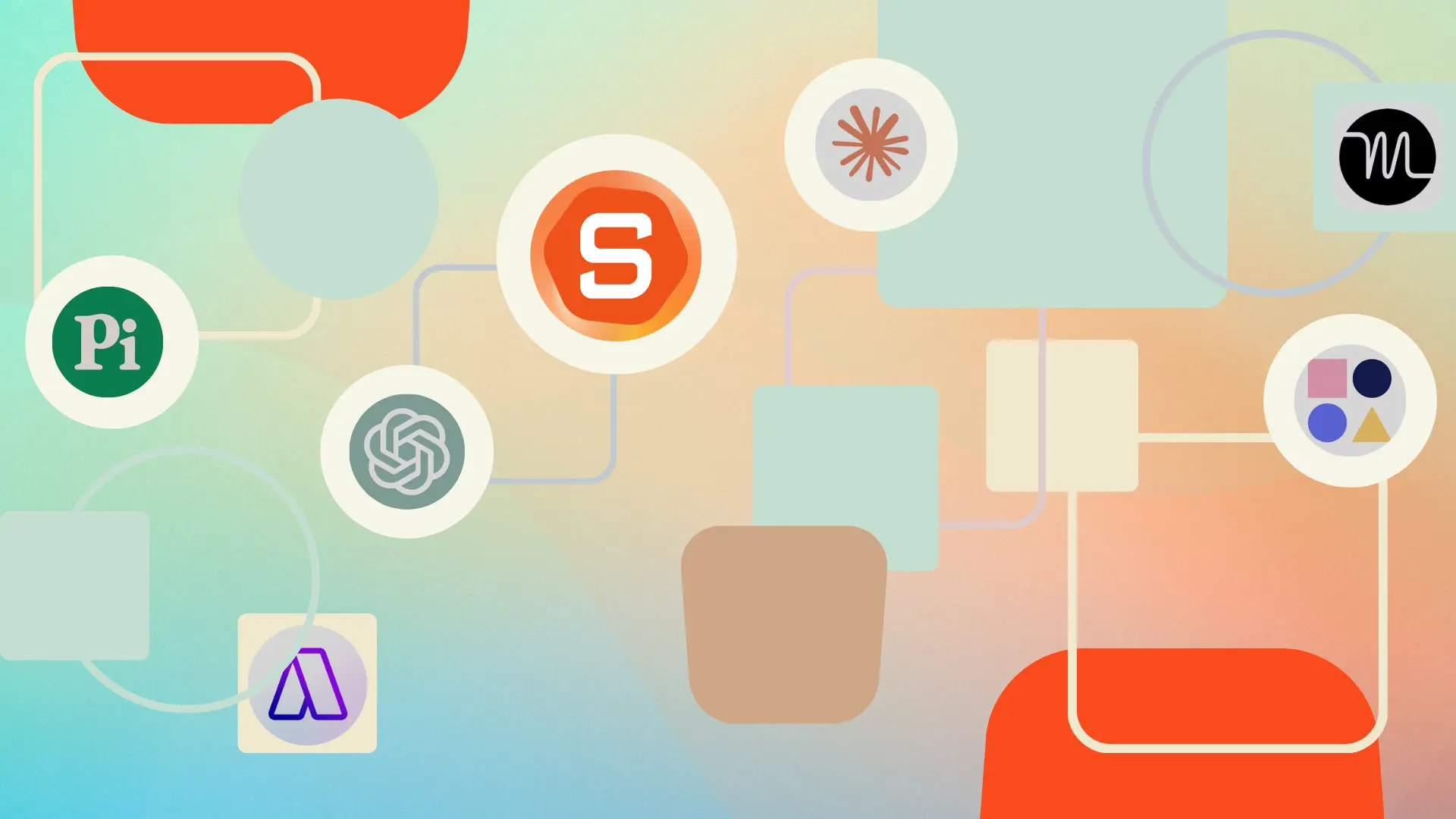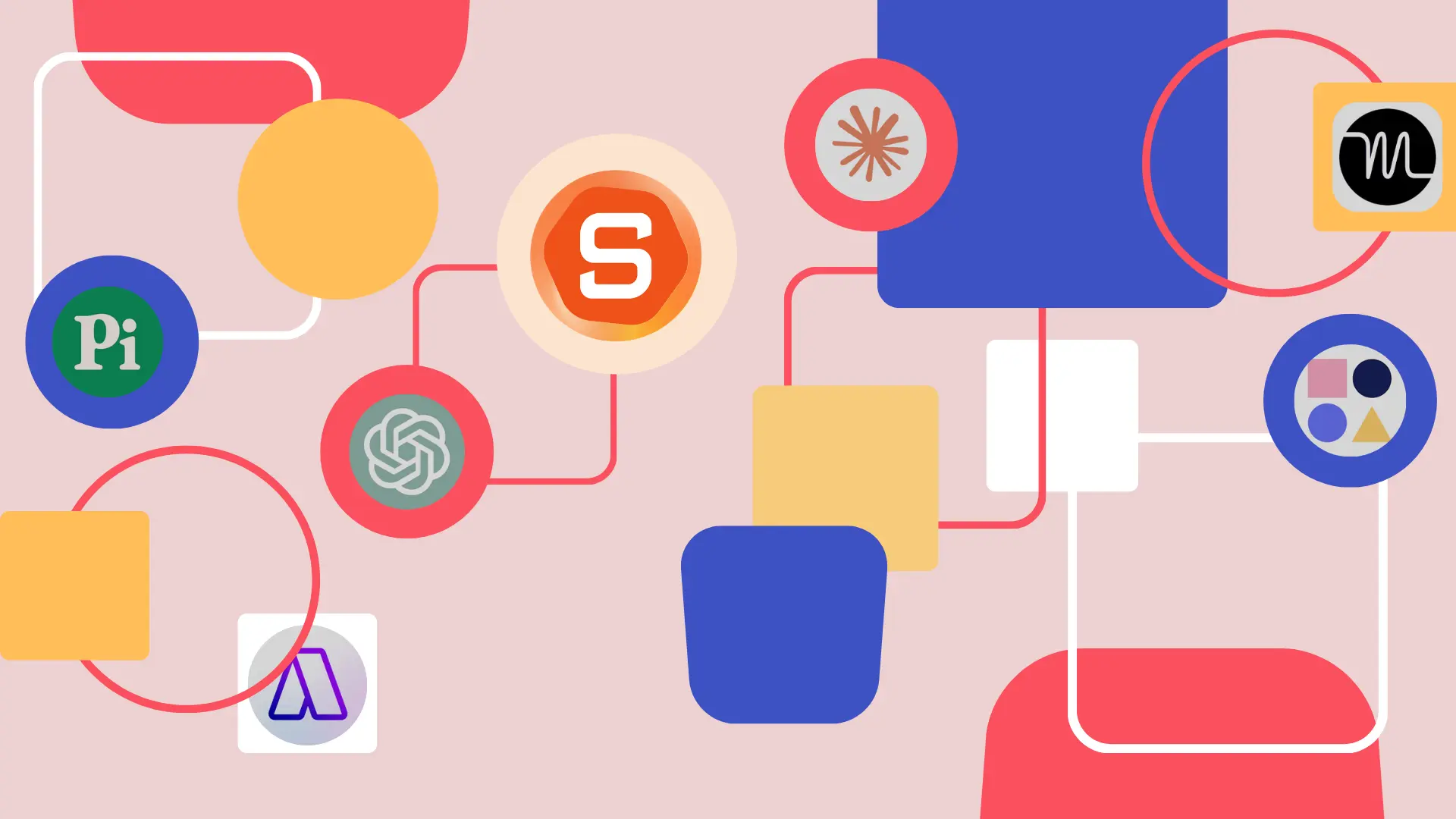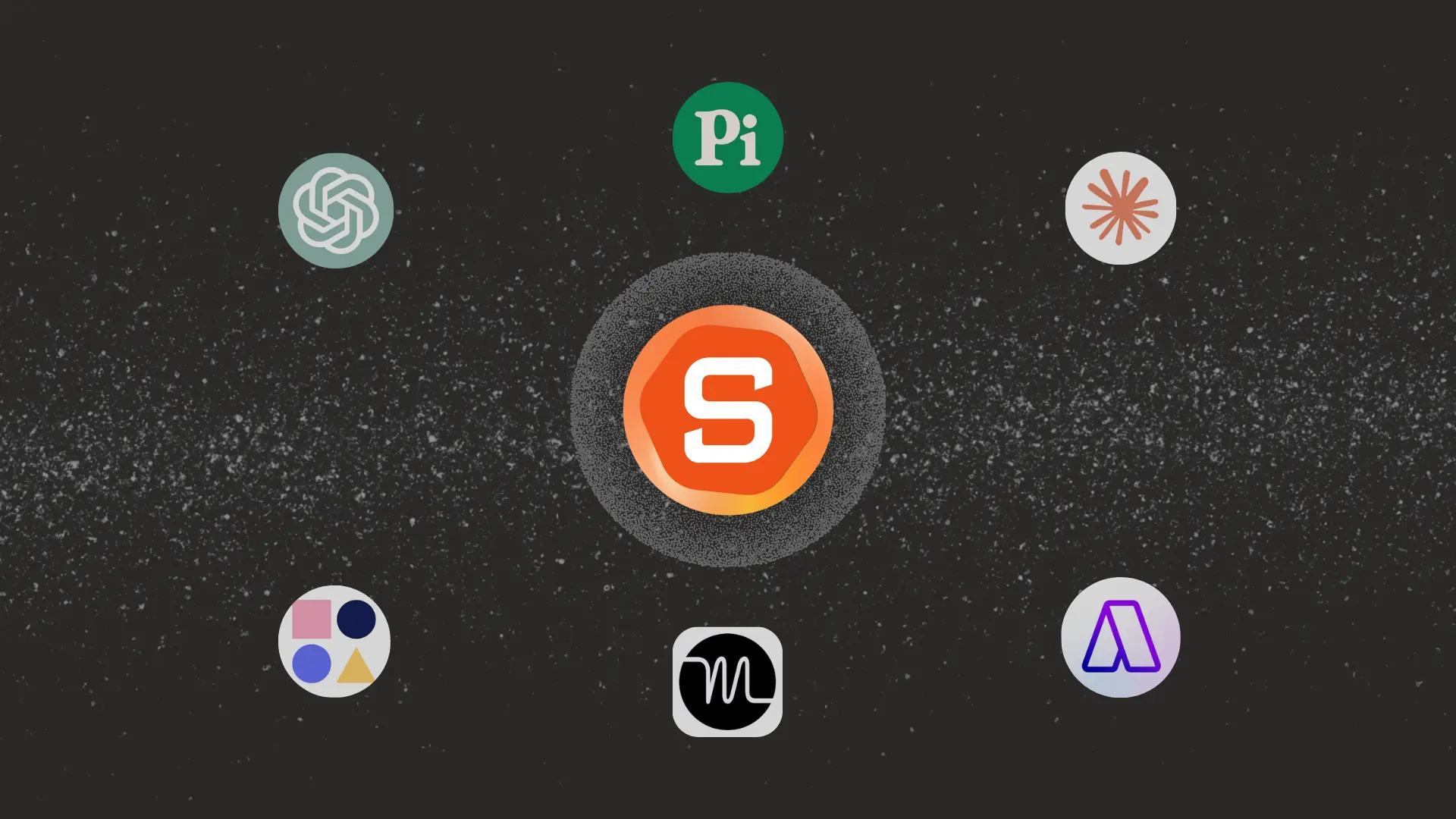5 Best ADHD apps for adults to manage their day [2025]
ADHD Overview
Hey everyone!
ADHD – Attention Deficit Hyperactivity Disorder is a medical/neurobiological condition in which the brain’s neurotransmitter chemicals; noradrenalin and dopamine do not work properly.
An estimated 8.4% of children and 2.5% of adults have ADHD (Danielson, 2018; Simon, et al., 2009) (*)
ADHD is a lifelong condition that presents in three primary forms:
- Inattentive: Difficulty staying focused and organized.
- Hyperactive-Impulsive: Excessive energy and acting without thinking.
- Combined: A mix of both inattentiveness and hyperactivity.
Treatment varies based on the individual’s specific needs. ADHD treatment usually encompasses a combination of therapy and medication intervention.(*)
Treatment often involves a combination of therapy, medication, and behavioral strategies tailored to each individual’s needs. However, technology can also lend a helping hand. While apps aren’t a substitute for professional care, they can make daily life easier by addressing common ADHD challenges like forgetfulness, distraction, and organization.
So the question is
Common Challenges for Those with ADHD
- Easily distracted
- Difficulty organizing and prioritizing
- Procrastination on starting tasks
- Challenges in maintaining focus on tasks
- Forgetting things in working memory
Features to consider in the best ADHD apps for adults
To truly help with ADHD management, the best apps should include:
- Memory Aids: Tools to help recall tasks and information.
- Distraction Management: Features to minimize interruptions.
- Organization Tools: Systems to sort and prioritize tasks effortlessly.
- User-Friendliness: Simple, intuitive interfaces that reduce overwhelm.
Now, here are the top 5 apps we’ve found to help adults with ADHD thrive.
1. Personal Assistant: Task, Notes, Knowledge Management
Saner.AI helps you easily note, recall, and generate insights from your uploaded documents or synced Google Docs. With a simple note and to-do list app, powered by best-in-class AI Assistants, it helps you get things done efficiently
Pros
- Quickly import data from note apps like Evernote, Notion, Apple Notes, Markdown, and Google Docs
- A personal AI that deeply understands your information to make insight extraction easier
- An intuitive design that reduces context switching and distractions
- Automatically suggests tags for easy categorization
- Combines note-taking, task management, and AI assistance in one platform
- Provide an AI assistant that helps pull tasks automatically from all sources, breakdown, set reminders, and follow up on tasks
- Designed with ADHD users in mind, reducing overwhelm
Cons
- Requires internet access for full functionality
Pricing
- Free
- Starter: Monthly at $7.89/month, Annually at $5.89/month
- Standard: Monthly at $15.89/month, Annually at $10.89/month
Who is it suitable for?
Saner.AI is particularly well-suited for:
- Busy Professionals who need to manage large amounts of information efficiently, such as entrepreneurs, researchers, managers, and content creators
- Individuals with ADHD or those who struggle with information organization and time management
- Anyone looking to streamline their workflow without spending too much time learning a new tool.
How to start using it?
- Visit the Saner.AI website and sign up for an account
- Explore the app’s features, starting with basic note-taking and task creation.
- Try out the integrated internet search functionality to streamline your workflow.
2. Distraction management
Once you know what needs to get done, staying focused is the next challenge. Freedom.to is here to help.
- Key Features: Block distracting websites and apps during scheduled times, with a “Locked Mode” for extra accountability.
-
- Why It’s Great: You can plan your distraction-free sessions in advance, helping you stay in control of your focus.
Freedom.to makes it easier to resist distractions and keep your attention where it belongs.
3. Time checker
Ever heard of the Pomodoro Technique? It’s all about working in bursts and taking short breaks (because brains need rest too). After four rounds, you get a longer break to recharge.
Focus Keeper is your personal Pomodoro Timer! It helps you stay on track, dodge distractions, and avoid feeling like your brain just ran a marathon.
Got ADHD and struggle with “time blindness”? No worries—Focus Keeper has your back so you don’t end up in a time warp while tackling tasks.
Why You’ll Love Focus Keeper:
- Make It Yours: Set your ideal work, break, and chill times. Plus, you can pick soothing background sounds—ticking clock, gentle rain, or whatever helps you vibe.
- No Wallet Needed: It’s totally free. Yep, 100%.
- Anywhere, Anytime: Use it on your phone, laptop, or wherever you prefer to get things done.
4. Music to focus
The right music can boost focus, and Focus@Will offers scientifically tailored tracks to help you stay on task.
- Key Features: Personalized music recommendations based on a quiz that determines your brain type.
- Why It’s Great: The curated playlists are designed to reduce distractions and keep you in a state of flow.
Focus@Will turns music into a productivity tool, perfect for ADHD minds.
5. Mindfulness and Meditation
After a long day, mindfulness can help you unwind and recharge. Headspace is a trusted app for this purpose.
- Key Features: Guided meditation sessions, mindfulness exercises, and tools for better sleep.
- Why It’s Great: Research shows mindfulness improves attention, reduces mind-wandering, and helps regulate emotions.
Headspace makes mindfulness accessible, giving you tools to find calm and focus in your daily life.
This is particularly beneficial for those with ADHD, as mindfulness has been supported by research as an effective approach to foster and improve on-task, sustained attention, reduce mind wandering, and regulate emotion. (*)
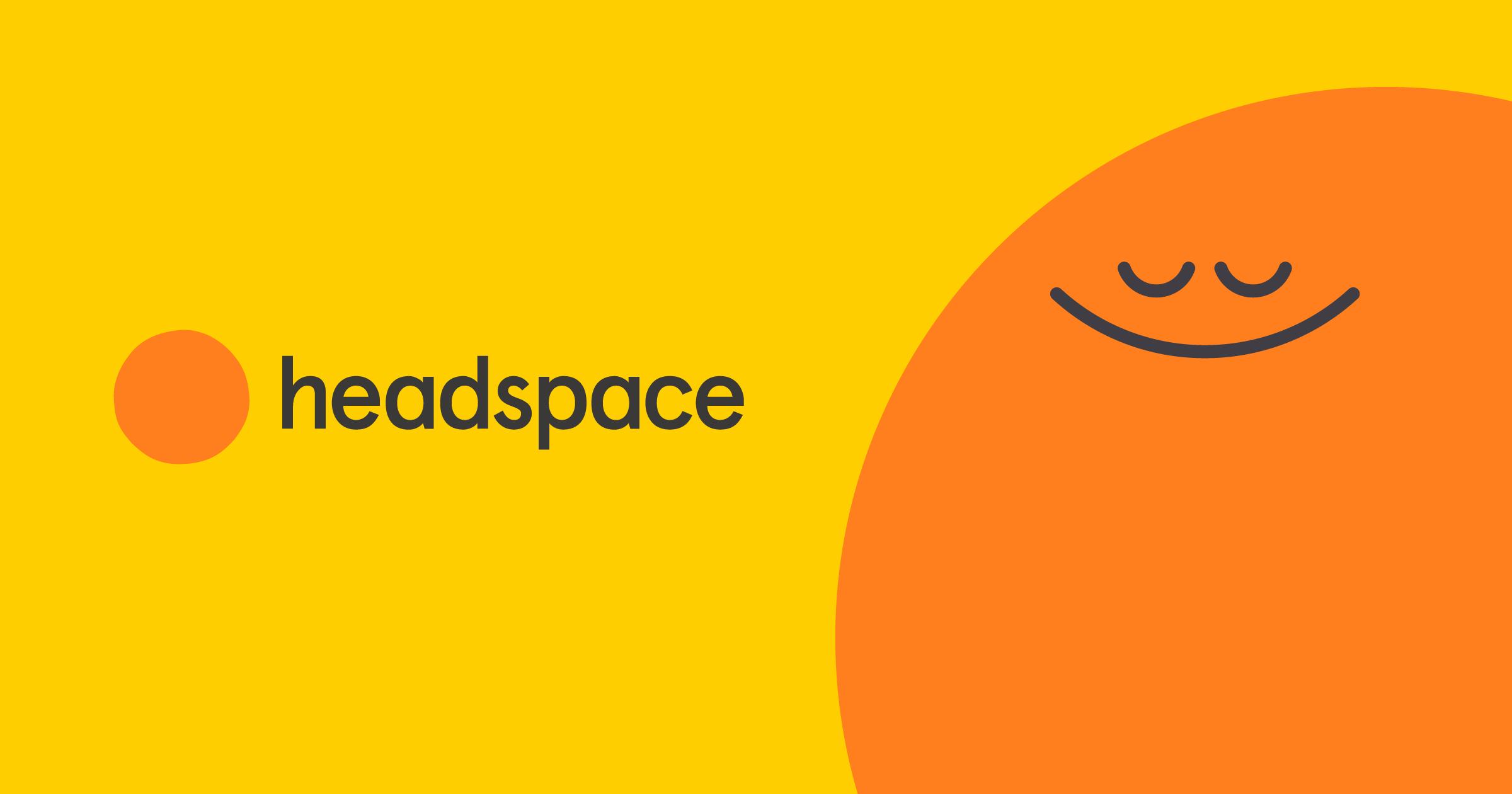
These apps are designed to be user-friendly and include well-crafted features that can be particularly beneficial for adults managing ADHD.
They provide practical support that complements traditional treatment methods, helping users navigate daily challenges more effectively.
If you’re on the lookout for A Second Brain for Easily Distracted People, feel free to explore here.
If simple AI apps are what you need, you can check out this one instead.
Hope you have a great day! 😊

